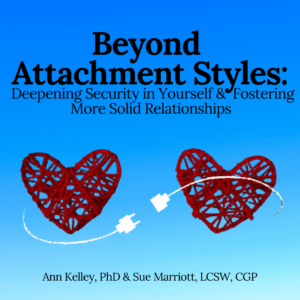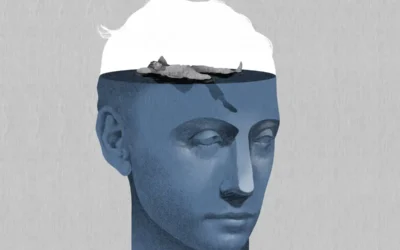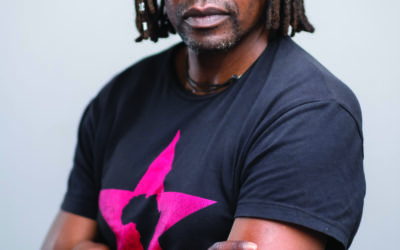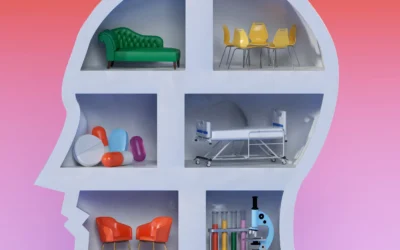Podcast: Play in new window | Download (Duration: 18:21 — 42.0MB)
Subscribe: Apple Podcasts | Spotify | Amazon Music
Patreon/Supercast Special Release –
That “Fraud” Feeling: The Surprising Truth about Imposter Syndrome with Dr. Jill Stoddard (273)
This is a sneak peek of our episode with Dr. Jill Stoddard – available only on our Premium Supercast and Patreon platforms. For as little as $5/month you can have access to special releases like this one, first-to-know about upcoming events and discounts and an ad-free feed.
Click here to join & finish the episode!!
Dr. Ann Kelley is joined by Dr. Jill Stoddard as they unpack the complexities of imposter syndrome—why it shows up, who it impacts most, and how to move through it. Drawing on her expertise in psychological flexibility and values-based living, Dr. Stoddard shares strategies to navigate self-doubt, marginalization, and internalized insecurity. Learn how to reframe discomfort, build a healthier relationship with vulnerability, and use these moments as powerful opportunities for connection and growth.

Photo by Orlando Magazine
“Imposter ‘syndrome’ is not your fault. It’s the result of a system telling you – you don’t belong at the table.”
– Dr. Jill Stoddard
About our Guest – Dr. Jill Stoddard
 Dr. Jill Stoddard is passionate about sharing her expertise in psychology to help people flourish in their work and health. She is an international and TEDx speaker, award-winning former professor, three-time book author, licensed psychologist, coach, and co-host of the Psychologists Off the Clock podcast which is ranked in the top .5% worldwide. Dr. Stoddard is an entrepreneur who founded Flexible Communications, LLC, in Massachusetts, and The Center for Stress and Anxiety Management in California. Her books have been translated into twelve languages and include: The Big Book of ACT Metaphors; Be Mighty; and Imposter No More. Her thoughts have also appeared in the Washington Post, New York Times, Woman’s World, Today.com, Psychology Today, Scary Mommy, Thrive Global, The Good Men Project, Mindful Return, The Boston Globe, and more. She regularly appears on podcasts and as an expert source for various media outlets. She lives in Newburyport, MA with her husband, two kids, and disobedient French Bulldog.
Dr. Jill Stoddard is passionate about sharing her expertise in psychology to help people flourish in their work and health. She is an international and TEDx speaker, award-winning former professor, three-time book author, licensed psychologist, coach, and co-host of the Psychologists Off the Clock podcast which is ranked in the top .5% worldwide. Dr. Stoddard is an entrepreneur who founded Flexible Communications, LLC, in Massachusetts, and The Center for Stress and Anxiety Management in California. Her books have been translated into twelve languages and include: The Big Book of ACT Metaphors; Be Mighty; and Imposter No More. Her thoughts have also appeared in the Washington Post, New York Times, Woman’s World, Today.com, Psychology Today, Scary Mommy, Thrive Global, The Good Men Project, Mindful Return, The Boston Globe, and more. She regularly appears on podcasts and as an expert source for various media outlets. She lives in Newburyport, MA with her husband, two kids, and disobedient French Bulldog.
As Central Texas residents, this is highly personal to us in so many ways. We are following up on the absolutely devastating and unprecedented Texas floods with more ways to help from anywhere.
I’m thinking of not just the obvious and immediate impact, but of all those actively engaged right now – professional first responders, but also the thousands of regular people pitching in. It’s human connection and grit that will help our communities recover over the next several years. Neighbors (in the largest sense) pulling together are how humans survive natural disasters and we will get through this together. If you are able, please give what you can to help out –
Beyond Attachment Styles course is available NOW!
Learn how your nervous system, your mind, and your relationships work together in a fascinating dance, shaping who you are and how you connect with others.
who you are and how you connect with others.
Online, Self-Paced, Asynchronous Learning with Quarterly Live Q&A's
Earn 6 Continuing Education Credits – Available at Checkout
As a listener of this podcast, use code BAS15 for a limited-time discount.














